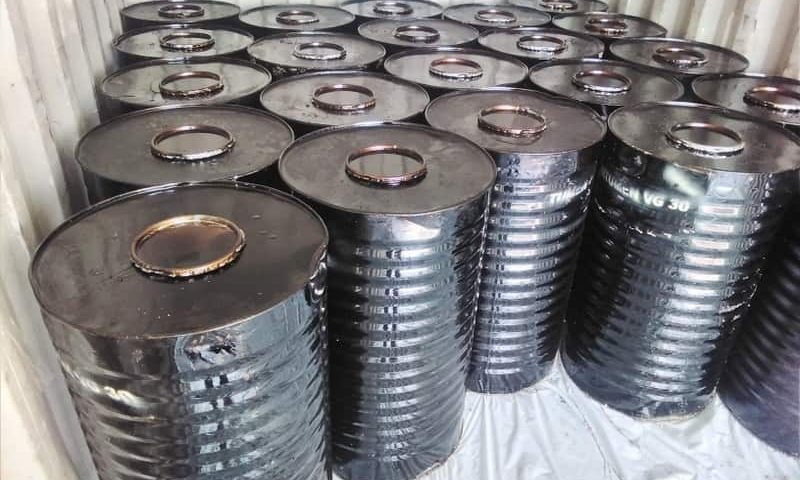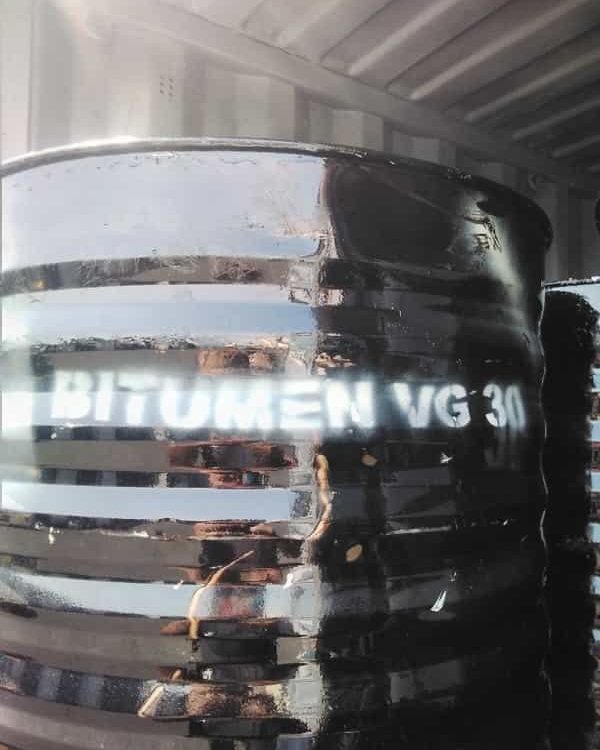As you might know, Wataniya bitumen jumbo bag market can change with
the global variables such as the pioneers’ decisions. Respectively, EU officials
now plan to use the euro to repay the price of oil purchased from Iran and
reduce the use of the dollar in trade. The European Union (EU) also intends
to enforce a so-called blockade law or countervailing law to oppose US
cross-border sanctions in the United States after its unilateral withdrawal
from the UN Security Council, but its implications are unclear. In fact, the law serves as a political weapon and a warning to the government of the
United States and is unlikely to be very effective. Additionally, he points out
that some of these tools are more effective for small and medium-sized companies, and for large companies, other solutions should be considered,
such as financing from the European Investment Bank.
Wataniya bitumen jumbo bag and the global oil market
It’s important to know that Europe currently buys about a third of Iran’s oil
and the rest of Iran’s oil exports go to Asia. China and India, the largest
buyers of Iranian oil, buy over one million barrels of Iranian oil a day. Moreover, the two countries also buy 40 percent of Venezuela’s oil exports, and with
the current problems and mismanagement of Venezuela, Look for a
significant supplier. As for China, it is expected to increase its oil imports
from Iran, both because of the concessions that Iran will make to its
customers after the start of US sanctions and because it is state-owned
refineries that have not had many financial dealings with the
United States for several years.
It’s needless to mention that China’s refineries pay for Iranian oil through
the relevant channels even during sanctions. India and Spain and Turkey
have stated during the talks that they will not reduce their trade relations with Iran. However, other major Asian buyers, including South Korea (although
most of South Korea’s oil imports from Iran have been gas condensate)
and Japan have declined in oil purchases from Iran this year. Because they had already predicted the return of US sanctions.
Wataniya bitumen jumbo bag and the sanctions
Generally speaking, Iran currently exports about 2.6 million barrels per day of
oil, and if sanctions are lifted, exports will be by 200,000 barrels in the short
term, to six thousand months later to 500,000 barrels per day, and possibly
next year. As the third-largest exporter of OPEC, we see the removal
of 700,000 barrels from the country’s exports. The real danger still exists
unless the Europeans want and can neutralize it. Japan and South Korea
have also said they will seek exemptions from US sanctions to
continue buying oil from Iran


